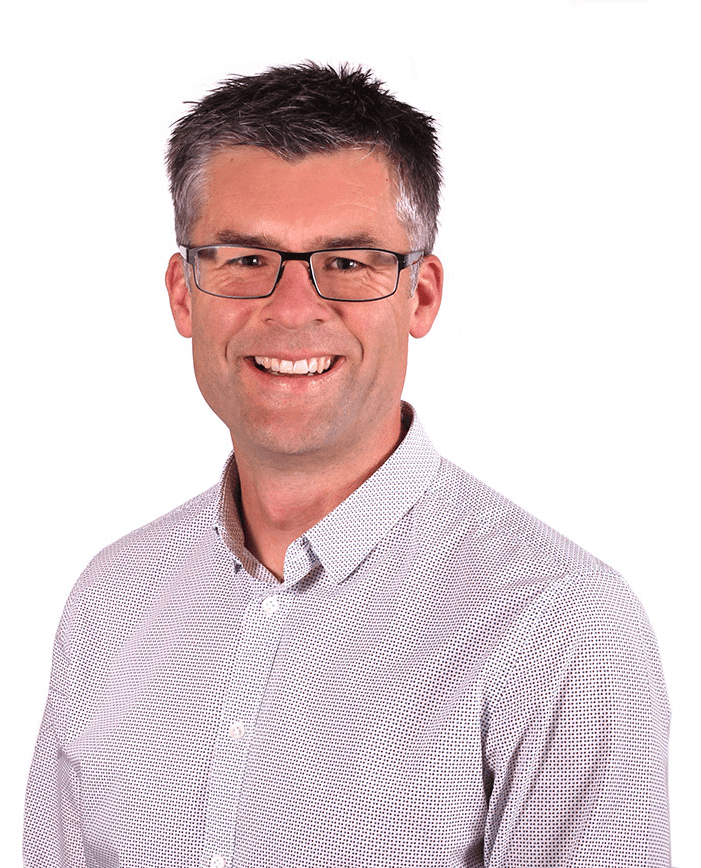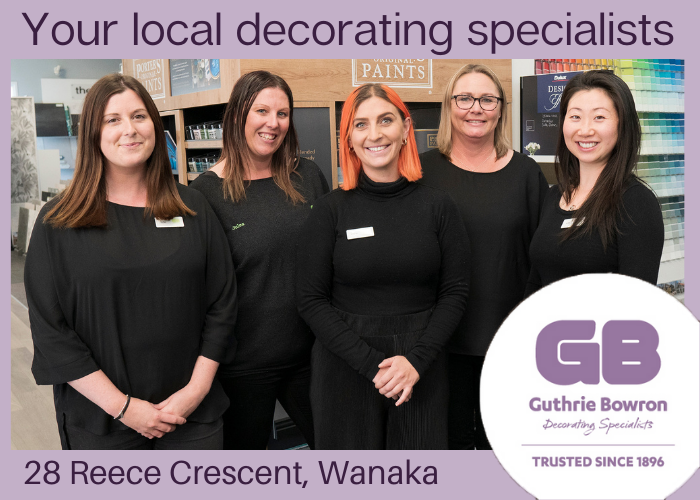Group brings fresh thinking to district’s challenges
Maddy Harker
11 July 2021, 6:04 PM
 RRAG members have brought a diverse range of ideas to council, imagining a future for the district that prioritises economic, social, cultural and environmental wellbeing. PHOTO: Wanaka App
RRAG members have brought a diverse range of ideas to council, imagining a future for the district that prioritises economic, social, cultural and environmental wellbeing. PHOTO: Wanaka AppA group of locals hope their work over the past year will help this district respond well to future challenges.
The Regenerative Recovery Advisory Group (RRAG) was formed in the aftermath of the Covid-19 lockdown when Queenstown Lakes District Council (QLDC) brought together people from across the district to look at the challenges it faces.
Led by chair and Wanaka resident Simon Telfer, RRAG has shared its findings in a report, which include five principles to guide a ‘regenerative’ recovery and seven recommended action areas, from investment in holistic community wellbeing to investing via public/private partnerships.
Simon told the Wanaka App the report is targeted at community leaders, other groups in the community, and “the curious”, with two things in mind: “bringing some fresh thinking or validating what they’re already doing”.
The group met twice a month for more than a year, and discussions with community leaders, diversification experts and government ministers, combined with their own research, shaped their insights, Simon said.

RRAG chair Simon Telfer said he hoped the report provided fresh ideas for a regenerative future. PHOTO: Supplied
“I feel the report is a significant piece in the jigsaw as we navigate our way forward,” he said, adding that the district faces many challenges, such as the prospect of the Alpine Fault rupturing, and the numerous challenges posed by climate change.
“We’ve tried to encourage the council to empower and enable others,” he said.
The group recommends prioritising the district’s relationship with the environment, by strengthening and prioritising the council’s Climate Action Plan (CAP); developing a funding strategy to help protect and enhance the environment; and developing ‘green economy clusters’ for environmental diversification.
Another recommendation is to reimagine economic development, looking at it through a community well-being lens.
Simon said there has been “a bit of disconnect” between economic development and community wellbeing.
“If we’re going to do economic development, we can’t do that separated out from the social licence those sectors have,” Simon said. “We can’t have people left behind.”
RRAG recommends the council set up an independent review of the district’s current economic development structure/model; measure it against current best practice nationally and internationally; and establish an independent wellbeing development agency that also looks at economic development.
Other recommendations included greater investment in infrastructure, building ‘clusters’ and supporting collaboration; investment in community wellbeing; and more.
The full list of principles and recommendations can be viewed in the report here.
Mayor Jim Boult said the council will consider the group’s insights in its decision making.
“Hearing from this independent body on such an important range of subjects has been incredibly valuable to the councillors and the broader QLDC team,” he said.
In addition to the chair, RRAG members included Kathy Dedo, Neil Jacobstein, Monique Kelly, Raymond Key, Julian Knights, Erica Seville, Roger Sharp, Michael Sly, Annis Somerville and Leslie Van Gelder.






